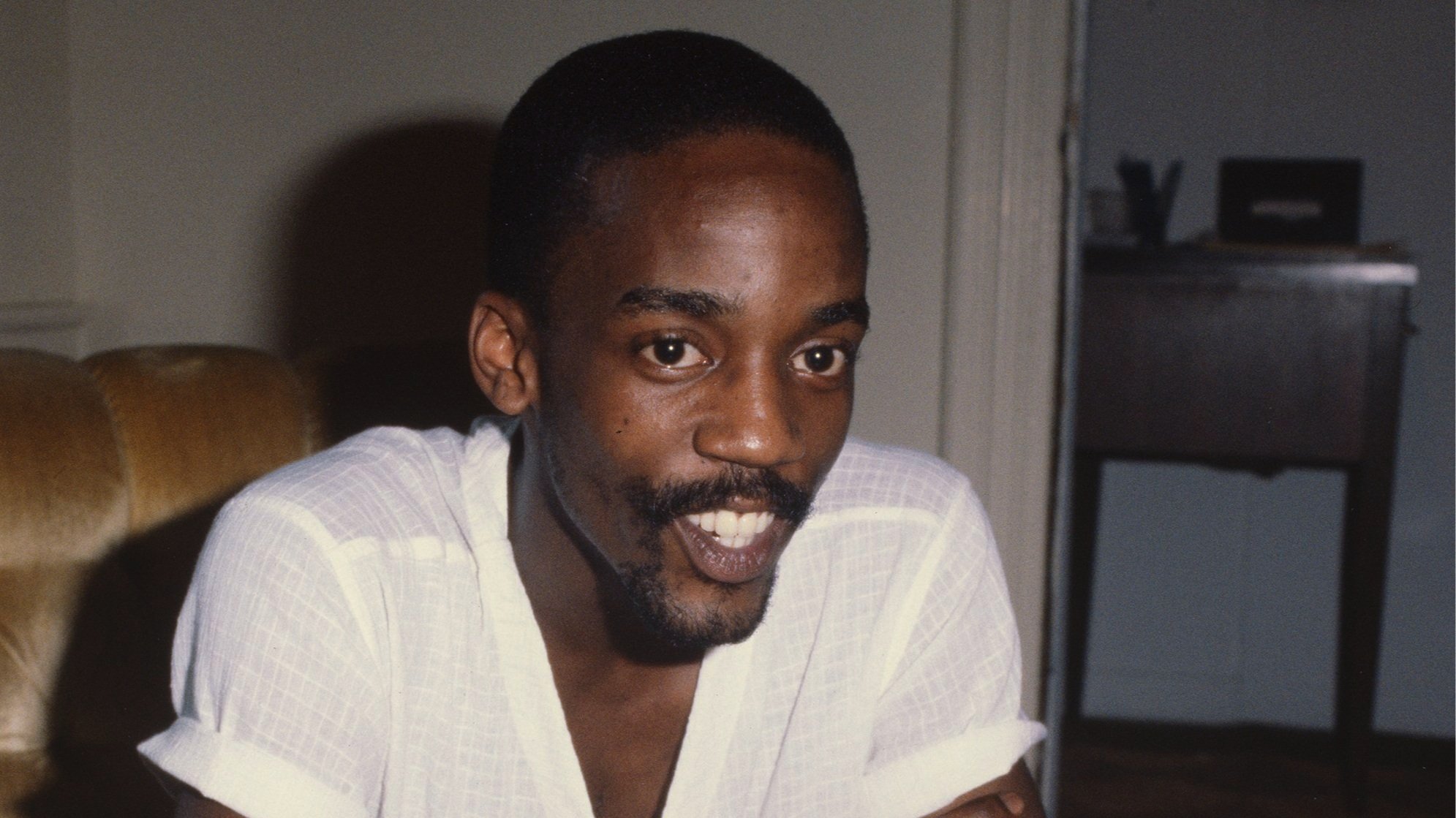The Legacy of Essex Hemphill
In 2000, I wrote an introduction for a new edition of Essex Hemphill’s magnificent collection "Ceremonies." I pointed out what I believed to be that work’s purpose: remembrance as the only way to begin the process of healing the wound that white supremacy, poverty, homophobia, heterosexism, and most recently HIV/AIDS had inflicted upon us as Black Gay Men. (Cover image of Essex Hemphill by Barbara N. Kigozi, June 1994)





